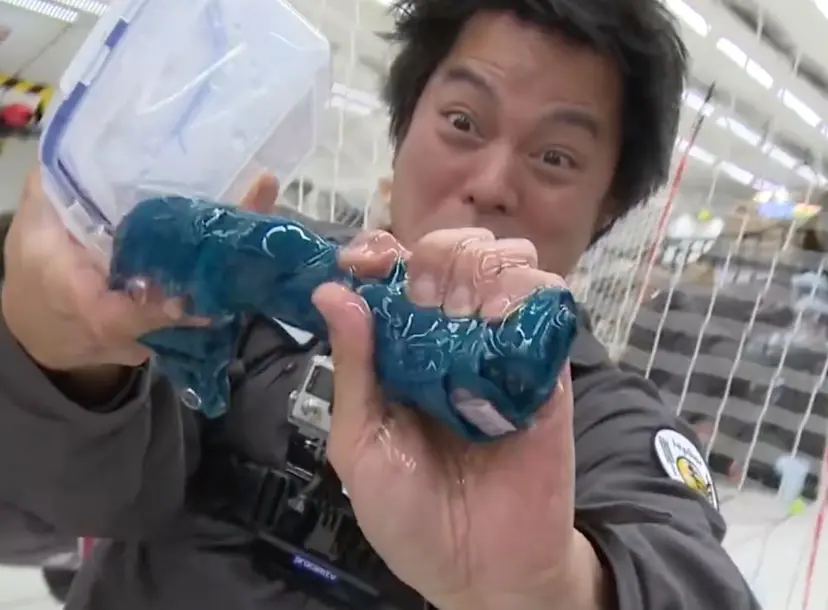Lecture 2 – Life in orbit
In the second his CHRISTMAS LECTURES, space doctor, Kevin Fong explores 'Life in orbit' on board the International Space Station. As British astronaut Tim Peake settles in to his new home on the Station he sends special reports about what it takes to live and work in space.
400 km above the Earth, hurtling at a speed of 17,500 mph, astronauts' bones and muscles waste away, the oxygen they breathe is artificially made, they face constant threats from micrometeorites, radiation and extreme temperatures. If a medical emergency strikes, Tim Peake is a very long way from home!
In its 15 year lifetime, the International Space Station has never had a major accident. With a British astronaut in orbit, gravity defying experiments and guest astronauts in the lecture theatre Dr Kevin Fong shows us how to survive 'Life in orbit.'
About the 2015 CHRISTMAS LECTURES
In December 2015, Tim Peake became the first Briton in space for more than 20 years and a new member of the European Astronaut Corps. As Tim adjusts to life onboard the International Space Station (ISS), Kevin Fong's CHRISTMAS LECTURES take us on a journey from planet Earth into Low Earth Orbit and beyond.
This is the story of human survival against all the odds; the story of how science, medicine and engineering come together to help answer our biggest questions about Life, the Earth, the Universe and our place in it.
From artificial gravity and greenhouses in space to plasma drives and zero-G surgical suits, these lectures reveal how what once was the stuff of science fiction is fast becoming today’s science fact.
Throughout the three-part series, Kevin is be accompanied by special guest appearances from ISS astronauts who will reveal what daily life is like 400 kilometres above the Earth. We will explore the technology and techniques that help them stay safe and healthy, and discover scientific experiments taking place on the ISS which are helping to stretch the limits of our understanding of human physiology and survival in a way that no experiment back on Earth could.
